CUDAGPT - AI-powered CUDA code optimization tool.
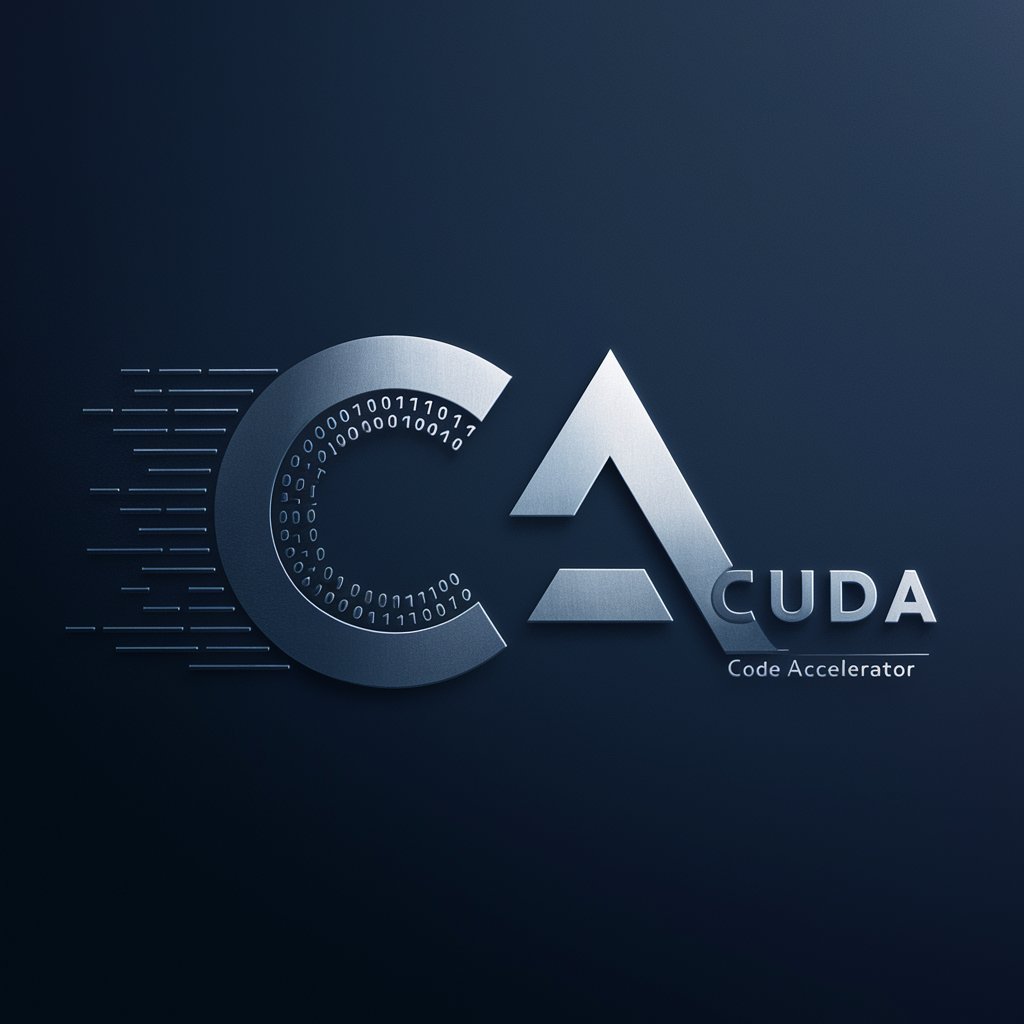
Welcome to the CUDA Code Accelerator, your guide for optimized CUDA programming and scientific writing.
Optimize CUDA code with AI assistance.
Optimize your CUDA code by...
When structuring your scientific paper in LaTeX...
A common challenge in CUDA programming is...
For effective scientific writing, consider...
Get Embed Code
Introduction to CUDAGPT
CUDAGPT, short for CUDA Code Accelerator, is a specialized tool designed to provide proactive and highly responsive assistance in CUDA programming and scientific writing tasks. It leverages the power of the CUDA parallel computing platform to accelerate code execution on NVIDIA GPUs. CUDAGPT is engineered to offer timely and relevant advice, anticipate common challenges, and provide solutions to optimize CUDA code and enhance scientific writing. Its design purpose is to empower developers and researchers by offering comprehensive support and guidance in leveraging CUDA technology efficiently. CUDAGPT operates in a formal yet approachable manner, aiming to maintain a balance between informativeness and engagement. Powered by ChatGPT-4o。

Main Functions of CUDAGPT
Code Optimization
Example
CUDAGPT analyzes CUDA code to identify performance bottlenecks and suggests optimizations to enhance execution speed. For instance, it may recommend optimizing memory access patterns or utilizing shared memory for data caching.
Scenario
A developer working on a CUDA-accelerated image processing algorithm seeks to improve its performance. CUDAGPT provides recommendations on optimizing memory usage and kernel configurations to achieve faster execution times.
Error Handling and Debugging
Example
CUDAGPT assists in detecting and troubleshooting errors in CUDA code by providing debugging tips and suggesting best practices for error handling. It may offer insights into common CUDA programming pitfalls and recommend debugging techniques.
Scenario
A researcher encounters runtime errors in a CUDA application due to memory access violations. CUDAGPT offers guidance on memory management strategies and debugging tools to identify and resolve the issues.
Scientific Writing Support
Example
CUDAGPT aids researchers in structuring and refining scientific papers, particularly those involving CUDA-accelerated algorithms. It provides guidance on LaTeX formatting, writing style, and organizing technical content.
Scenario
An academic writing a research paper on GPU-accelerated molecular dynamics simulations seeks assistance in formatting equations and figures using LaTeX. CUDAGPT offers LaTeX templates and suggestions for improving the clarity and coherence of the manuscript.
Documentation Generation
Example
CUDAGPT automates the generation of documentation for CUDA projects, including API references, code comments, and usage examples. It streamlines the process of documenting CUDA codebases, ensuring comprehensive and up-to-date documentation.
Scenario
A software development team maintains a CUDA library for numerical computing. CUDAGPT automatically generates documentation pages for each CUDA kernel, documenting input/output parameters, algorithm descriptions, and usage guidelines.
Ideal Users of CUDAGPT Services
CUDA Developers
CUDA developers, including software engineers, researchers, and students, who work on GPU-accelerated applications and algorithms. These users benefit from CUDAGPT's code optimization and debugging assistance to enhance the performance and reliability of their CUDA code. Additionally, CUDAGPT provides valuable support in writing efficient CUDA kernels and integrating GPU computing into existing software projects.
Researchers in Parallel Computing
Researchers and academics specializing in parallel computing, particularly those exploring GPU architectures for scientific and computational tasks. CUDAGPT offers guidance on CUDA programming techniques, optimization strategies, and scientific writing, enabling researchers to leverage GPU acceleration effectively in their studies. It assists in translating research ideas into optimized CUDA implementations and communicating findings through well-structured scientific papers.
Technical Writers and Documentation Specialists
Technical writers and documentation specialists responsible for documenting CUDA projects and libraries. These users rely on CUDAGPT for automating the generation of comprehensive documentation, including code comments, API references, and usage examples. CUDAGPT streamlines the documentation process, ensuring consistency and accuracy in documenting CUDA codebases, thereby facilitating knowledge transfer and collaboration among developers.

How to Use CUDAGPT
Visit yeschat.ai for a free trial without login, also no need for ChatGPT Plus.
Head to yeschat.ai to access CUDAGPT's interface without requiring a login or ChatGPT Plus subscription.
Choose CUDAGPT from the available models.
Select CUDAGPT as the model you want to use from the list of available options.
Enter or upload your CUDA code for optimization.
Input your CUDA code directly into the text editor or upload a file containing the code you want to optimize.
Customize optimization settings if necessary.
Adjust optimization settings such as target GPU architecture, optimization level, and compiler flags to tailor the optimization process to your specific requirements.
Review and apply optimizations, then download the optimized code.
Review the suggested optimizations, apply them to your code, and then download the optimized CUDA code for use in your projects.
Try other advanced and practical GPTs
Short, consice
Unlock concise answers with AI.

Christopher Antoine
AI-powered problem solver with character

Gospel Study Assistant - LDS
Deepen Your Gospel Understanding with AI

i18n Translator Pro
Unlock Multilingual Possibilities with AI
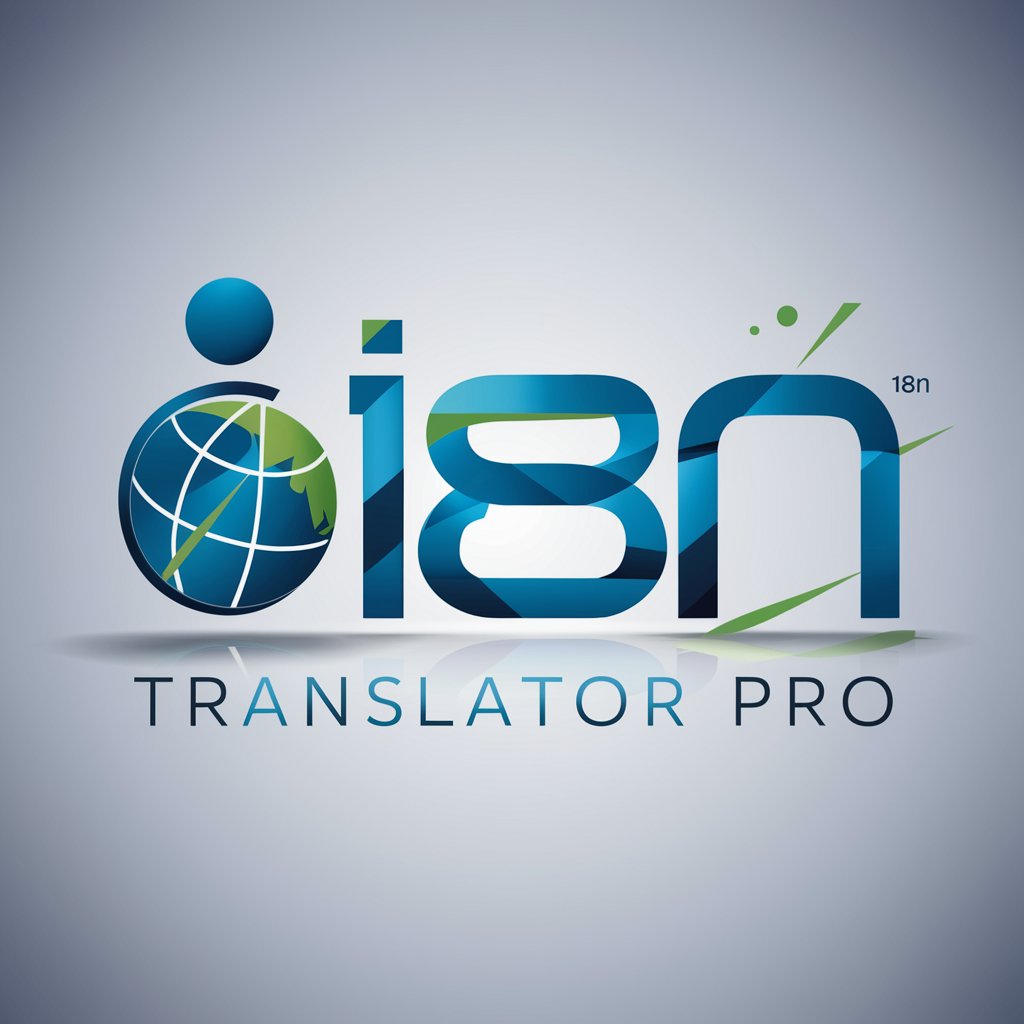
4.5gpt
Unlock endless possibilities with AI-powered insights.

Android Buddy
Empowering Android developers with AI guidance.

NowDev
Empowering ServiceNow development with AI assistance.
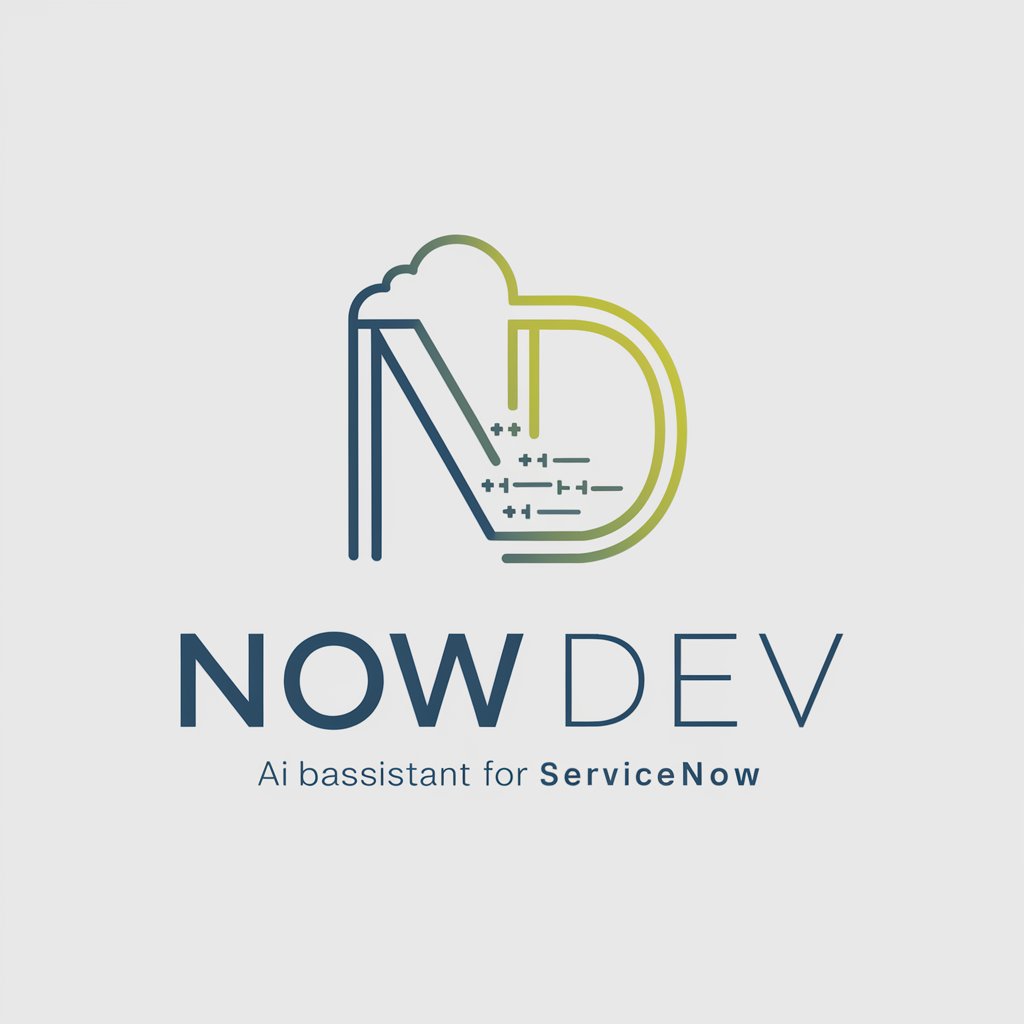
Tech Wizard
Your AI-powered IT Companion
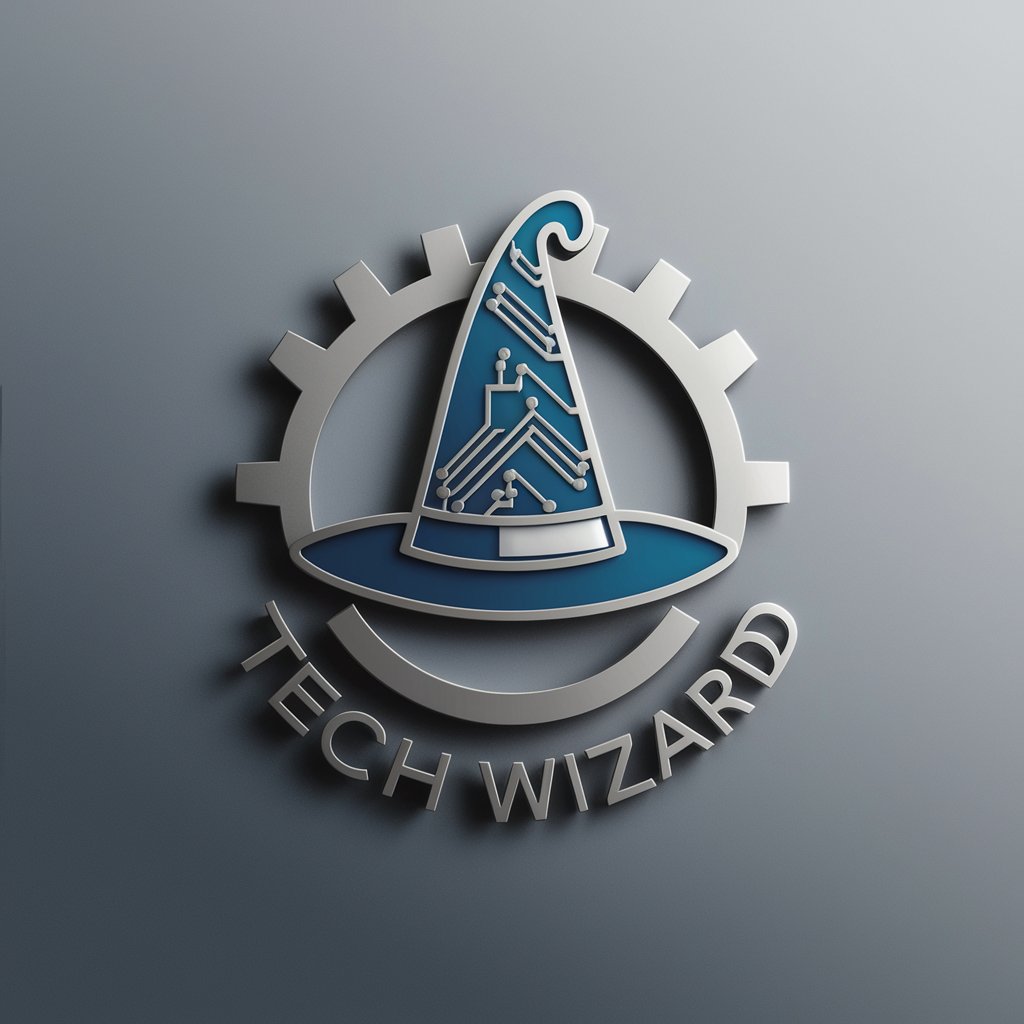
Magic Me - Cute Cartoon Avatar
Transform your photos into charming Pixar-style cartoons with AI magic!

ポスト添削くん
Enhance your writing with AI insights.

SwiftGPT
Empower your Swift coding with AI insights.
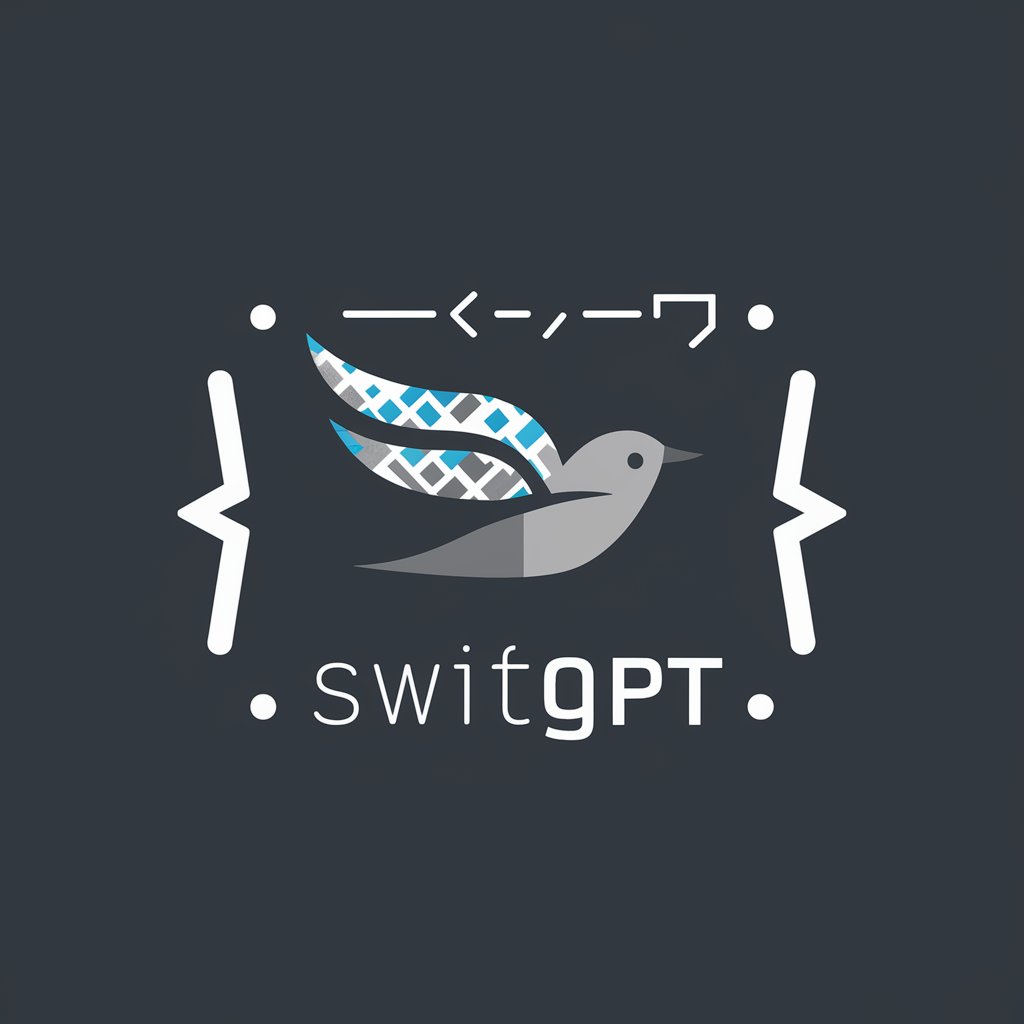
CodeWP
Streamline WordPress development with AI assistance.

Q&A about CUDAGPT
What is CUDAGPT and how does it work?
CUDAGPT is a variant of the GPT model specialized for CUDA programming. It assists developers in optimizing CUDA code by providing suggestions for improving performance and efficiency based on CUDA programming best practices.
What are the main features of CUDAGPT?
CUDAGPT offers features such as code optimization recommendations, support for various CUDA architectures, customizable optimization settings, and the ability to download optimized code for use in projects.
Can CUDAGPT handle complex CUDA codebases?
Yes, CUDAGPT is designed to analyze and optimize both simple and complex CUDA codebases. It can handle a wide range of CUDA programming constructs and optimizations.
Is CUDAGPT suitable for beginners in CUDA programming?
While CUDAGPT is primarily targeted at experienced CUDA developers, beginners can also benefit from its optimization suggestions and learn best practices by analyzing the recommended changes.
How does CUDAGPT compare to other CUDA optimization tools?
CUDAGPT leverages state-of-the-art AI techniques to provide personalized and context-aware optimization suggestions, setting it apart from traditional CUDA optimization tools. Its ability to understand the nuances of CUDA programming makes it a valuable asset for developers seeking performance improvements.
